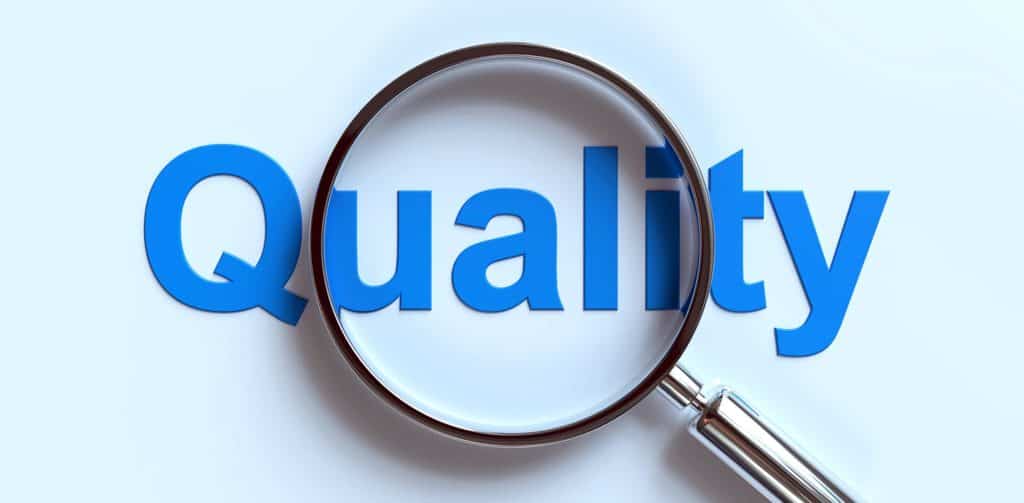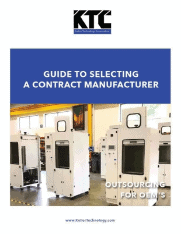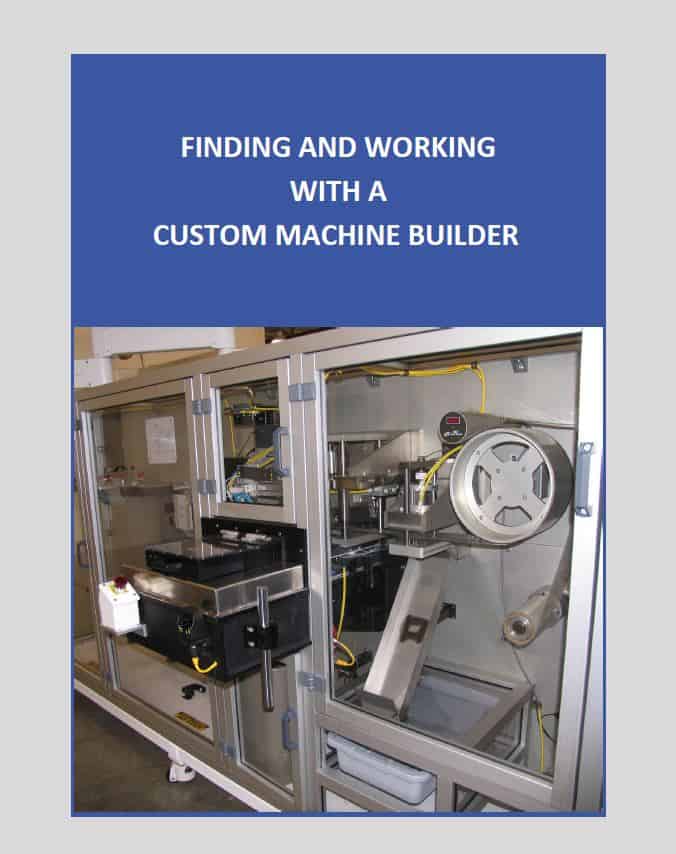
Does your company have a quality system? Are you sure?
If you have an ISO certification like 9001 or a similar compliance standard offered by an organization like the Society of Automotive Engineers, you almost certainly have a Quality system in place. Even in the absence of those certificates, most successful companies have some sort of system, guidelines or best practices in place that relate to ‘quality’. Your company may have a well-functioning quality system and not even know it.
What is a quality system?
A quality system doesn’t have to be complicated (though they often get that way). At its root, a quality system is just a fancy way of describing a structured set of business practices, processes and facilities that have been put into place for meeting customer requirements and managing product quality related issues.
Some examples of quality system processes:
- Provisions for accepting customer feedback
- Return material authorization (RMA) process
- Change tracking
- Supplier management programs
- A system of objective internal evaluations for production related processes.
Each of these is a unique quality related element and each is also a common inclusion for most businesses based on their operational needs. It’s unusual for any company to forego all types of quality management and maintain consistent operation for a meaningful period of time; these are just parts of how business is done. In most cases, the question shouldn’t be “Do you have a quality system?”, but rather “Is your quality system effective?”.
Understanding an organizations quality system is relatively simple
Begin by looking at how the company interacts with its customers, this is always a good measure. What policies are in place for accepting orders? Is there a reasonable return authorization system in place? Account managers and project managers are often empowered by quality driven principles to assist in communicating customer requirements and guiding change in a traceable way that ensures specifications remain in scope.
A robust quality system will also extend far beyond those fundamentals. The ability to internally evaluate performance, internal training and communication of failures in process or product are also key factors. Most critically however to every system is ‘leadership buy-in’. Without a committed management team who is willing and dedicated to owning up to mistakes and making choices to do the right thing for customers and staff, a quality system is reduced to little more than a sales pitch.
So if all (or most) companies have a quality system as part of the default design of operations, why should we care? What separates one quality system from another? Why is it important to understand your organizations system?
A quality system is a tremendous sales tool
When packaged and presented in an authentic way and backed by organizational leadership, a quality system becomes a commitment to squarely aligning your customers interest with your own. Every individual in an organization should be aware of their part in the bigger picture and how they contribute to the system. When every individual is represented in a system it is apparent to any outsider that the whole is greater than the sum of its parts. Leading with this kind of energy becomes a powerful signal to customers, and they will want to be a part of it. In addition, all levels of staff will feel more engaged and act as a team to support the organizations mission rather than just looking to their next paycheck.
Learning to appreciate and share your company’s quality system will allow you to better see the overarching philosophy of the company, provide interesting insights into leadership and culture, and when executed well, will help customers, staff and leadership feel like they are contributing to something larger and more important than themselves, not just transactional business.
A quality policy isn’t just a set of tasks, or some documentation. It certainly isn’t just a framed certificate on a wall. It is a commitment to growth and success for the company, its staff and their customers.
Our mission at Keller Technology is focused upon total reliability. We provide our customers with quality performance, value, schedule adherence and technical compliance.
Find out how we can help with your manufacturing needs.






